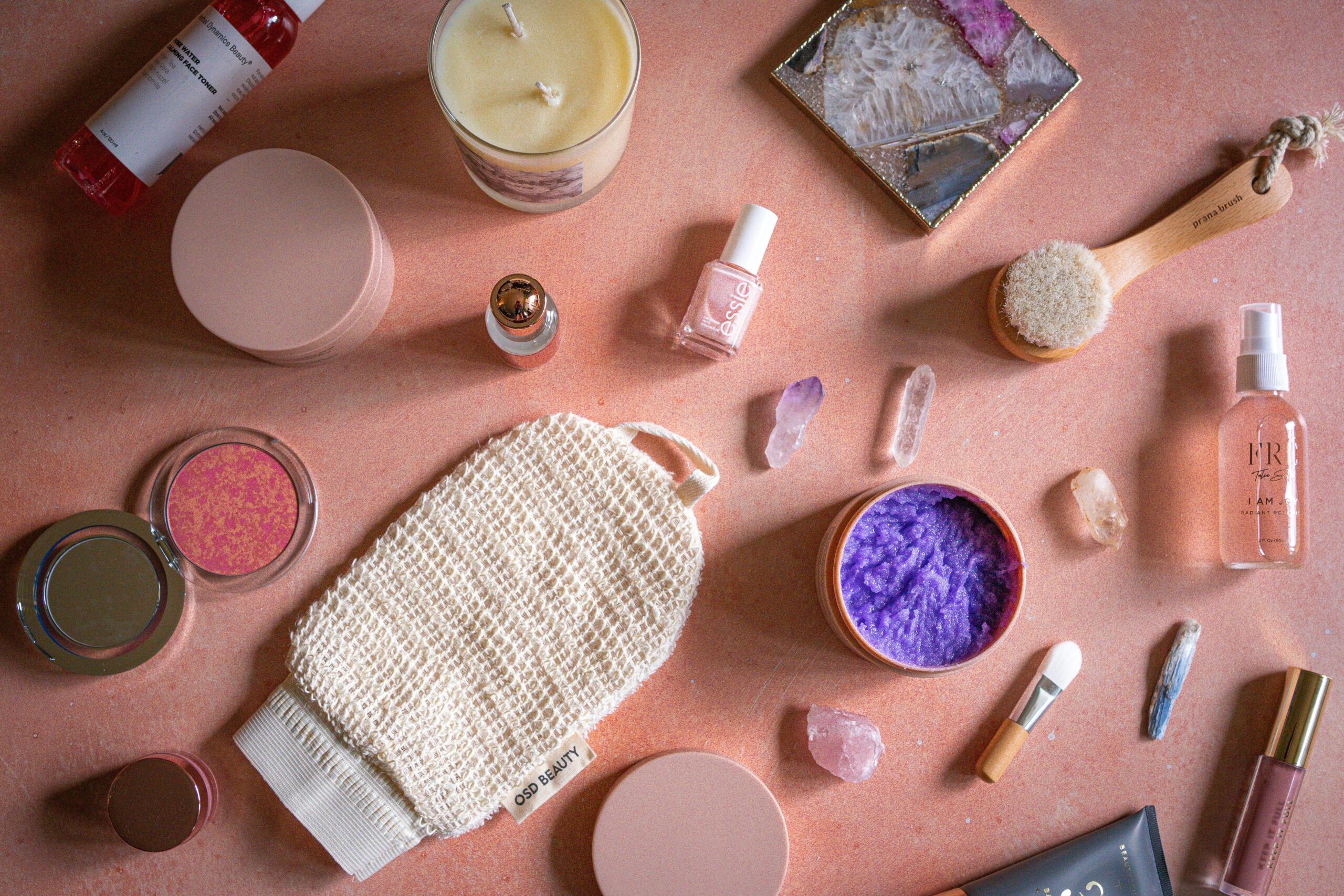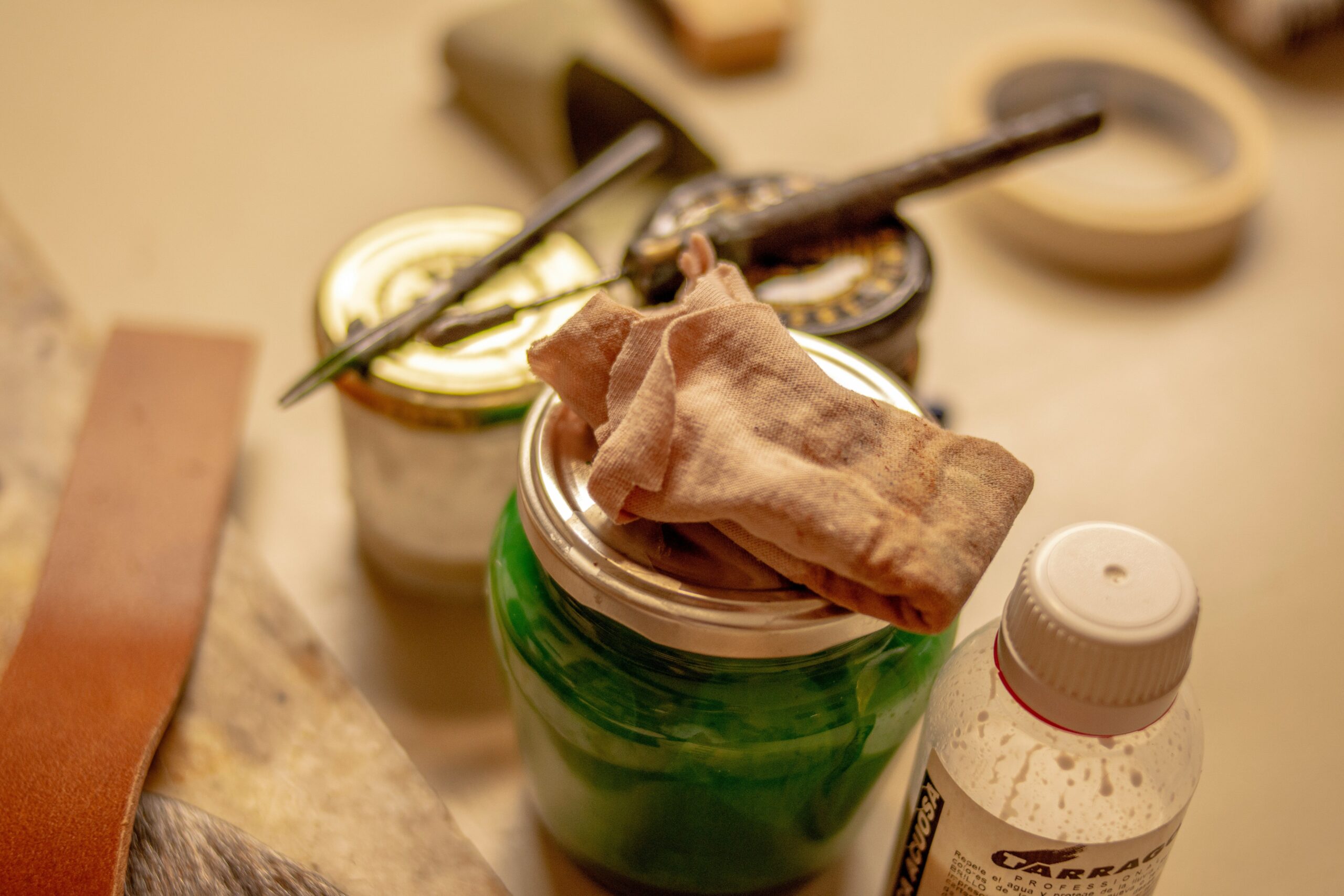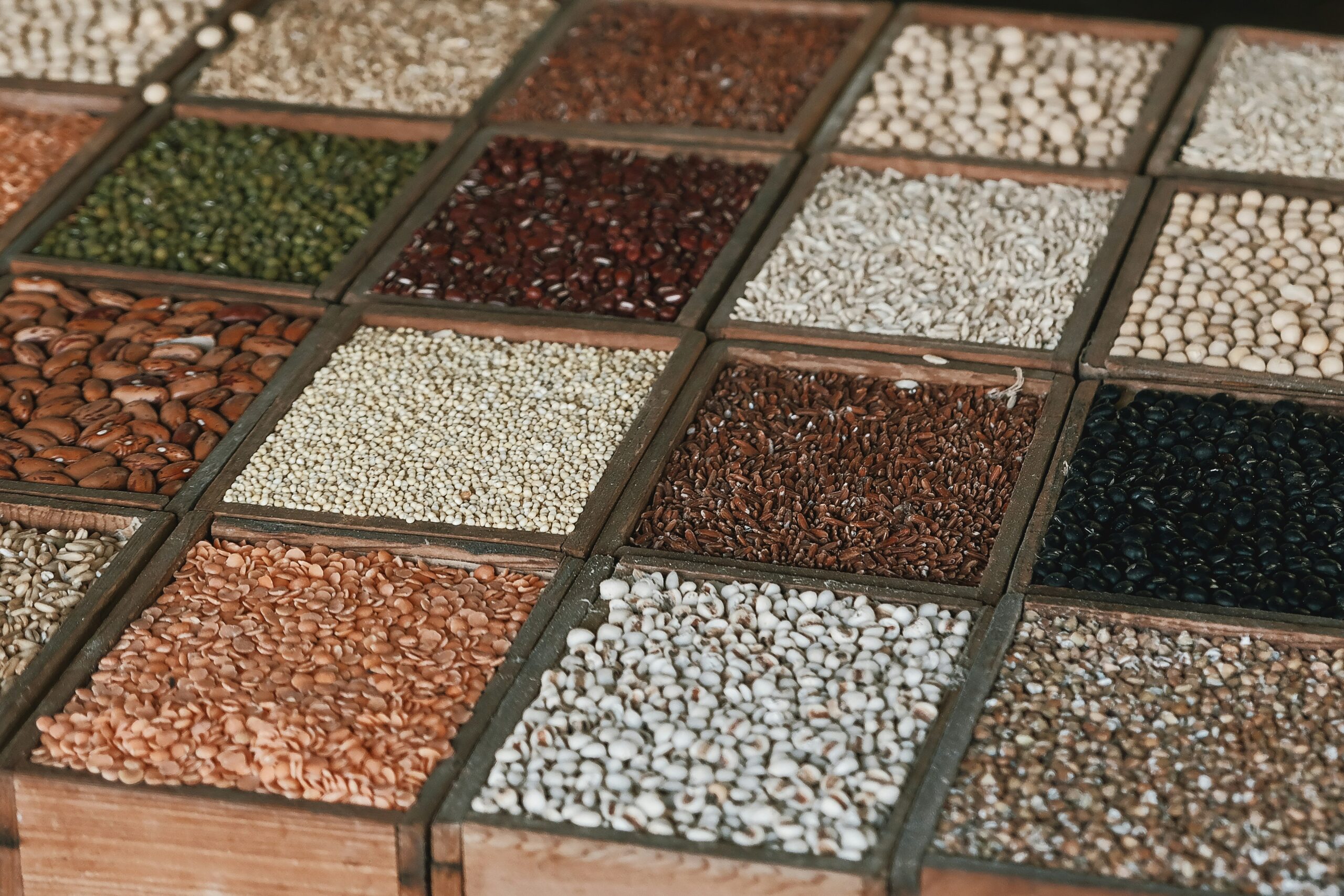Table of Contents
- Introduction
- Key Takeaways
- The Problem with Conventional Skincare
- Step-by-Step Guide to DIY Sustainable Skincare
- Best Practices for Organic Skincare
- Real-Life Success Stories
- FAQs About DIY Sustainable Skincare
- Conclusion
Introduction
Ever stood in the skincare aisle, staring at labels filled with unpronounceable ingredients and wondering if you’re actually doing your skin—or the planet—a favor? Yeah, us too. The beauty industry churns out products faster than TikTok trends, but many come at a cost: plastic waste, synthetic chemicals, and a carbon footprint big enough to make Greta Thunberg cry.
In this post, we’re diving deep into the world of DIY sustainable skincare, focusing on how organic plants can revolutionize your routine. You’ll learn why this approach matters, step-by-step instructions to create your own eco-friendly treatments, tips to maximize results, real-world examples, and answers to frequently asked questions.
Key Takeaways
- Organic plants are packed with nutrients that nourish and repair your skin naturally.
- DIY skincare reduces reliance on harmful synthetics and minimizes environmental impact.
- Customizing your products ensures they align perfectly with your skin type and concerns.
- Persistently check ingredient compatibility to avoid allergic reactions or irritation.
The Problem with Conventional Skincare
Let’s face it: conventional skincare often feels like solving one problem while creating ten others. Remember when I slathered my face with an expensive anti-acne cream, only to wake up looking like a tomato? Turns out, that “miracle” product was loaded with parabens and sulfates—ingredients banned in some countries yet still lurking on shelves worldwide.

Not only do these chemical cocktails wreak havoc on sensitive skin, but their production also devastates ecosystems. Plastic packaging ends up clogging landfills, microplastics pollute oceans, and excessive water usage strains resources. It’s like a bad rom-com where everyone loses except the villain (ahem, corporations).
Step-by-Step Guide to DIY Sustainable Skincare
How Do You Start Your DIY Journey?
Optimist You: “This sounds fun! Let’s go green!”
Grumpy You: “Ugh, fine—but only if coffee’s involved.”
- Gather Supplies: Stock up on reusable glass jars, metal spoons, and organic plant-based ingredients like coconut oil, green tea leaves, and oatmeal.
- Select Ingredients Based on Skin Type: Dry skin? Try honey and avocado masks. Oily skin? Aloe vera and witch hazel got your back.
- Mix & Apply: Combine ingredients using simple recipes found online (or below) and test a patch before full application.

Is This Really Worth the Effort?
Absolutely. Crafting your own skincare isn’t just better for your skin; it’s empowering. Imagine knowing *exactly* what goes onto your face without deciphering cryptic ingredient lists.
Best Practices for Organic Skincare
- Do Your Research: Not all “natural” ingredients suit every skin type.
- Store Properly: Keep homemade concoctions refrigerated to extend shelf life.
- Stick to Freshness: Prep small batches regularly since preservatives aren’t part of the equation.
- Avoid the Terrible Tip™: NEVER mix citrus oils directly onto skin before sun exposure. Spoiler alert: hello, sunburn!
Rant Section: Oh, and let’s talk about influencers peddling snake oil under the guise of “clean beauty.” Stop falling for glittery marketing gimmicks when nature has already blessed us with everything we need!
Real-Life Success Stories
Take Sarah from Portland, who swapped her $50 serum for a DIY turmeric and yogurt mask. Her acne cleared within weeks, leaving behind glowy, Instagram-worthy skin. Or Mike from Brooklyn, whose beard dandruff disappeared after switching to a jojoba oil blend sourced from local farmers.

FAQs About DIY Sustainable Skincare
- What Makes DIY Skincare More Sustainable?
- By reducing packaging waste and sourcing locally grown ingredients, you significantly shrink your ecological footprint.
- Can I Use Any Plant-Based Ingredient?
- Technically yes, but not all plants play nice with sensitive skin. Always research potential irritants first.
- Will My DIY Products Last Long?
- Nope—they lack preservatives. Stick to weekly prep sessions to keep things fresh and effective.
Conclusion
Incorporating DIY sustainable skincare into your daily ritual might feel daunting initially, but once you experience the benefits firsthand, there’s no turning back. From banishing blemishes to saving the planet, organic plants truly are the unsung heroes of modern beauty.
So grab that blender, raid the garden, and whip up something magical. And hey, remember: Like a Tamagotchi, your skin—and Earth—need daily love, care, and attention.


